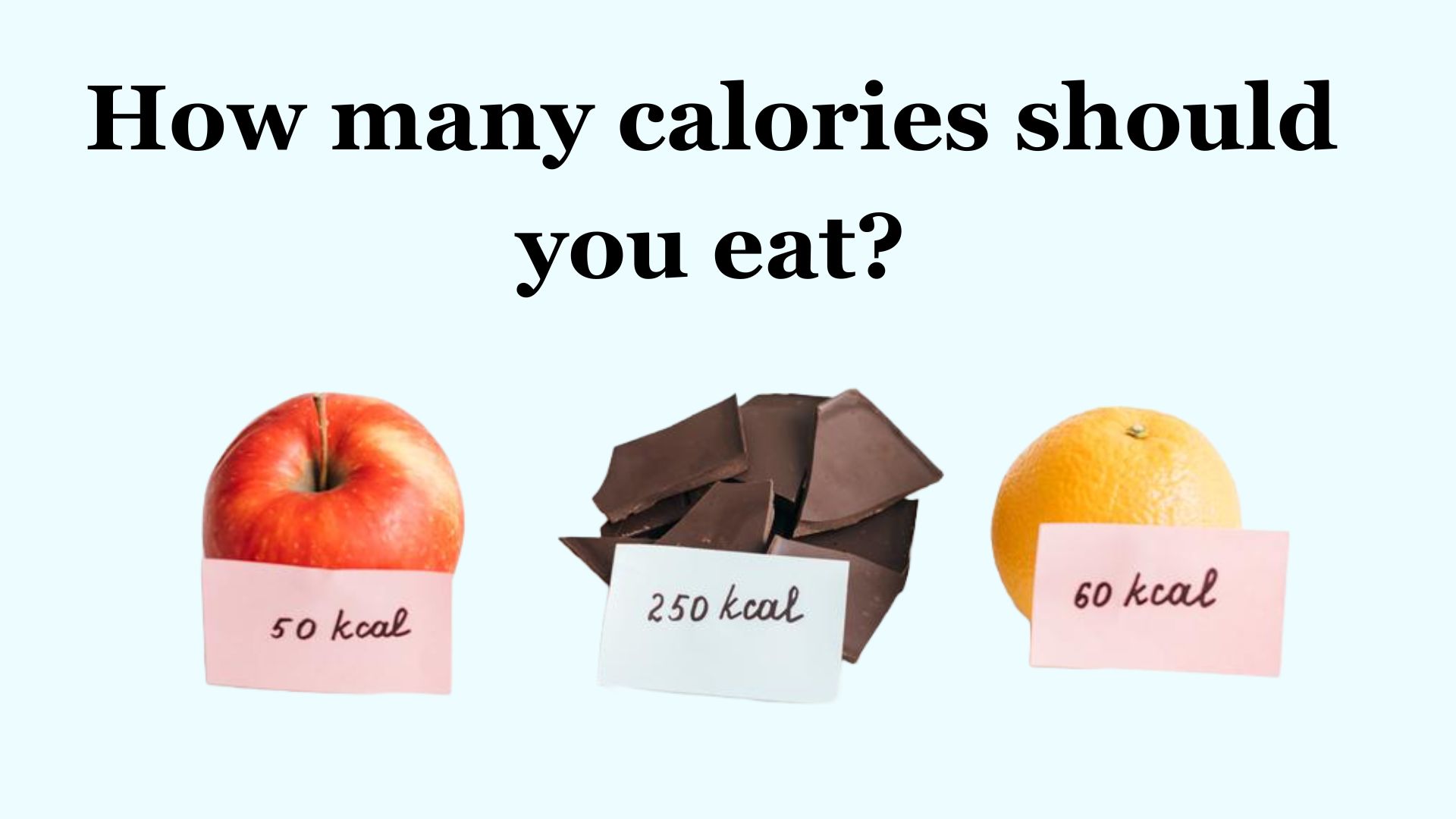If the burning of calories begins with a professional dietitian, you might not notice the changes instantly, but every healthy decision you make will move you a step closer to your objective. Burning calories is not to give up your favorite meal; rather, it is to honor your body with a proper meal plan, which it deserves. One must consume fewer calories daily than they burn with the help of daily physical activities to develop a calorie deficit and lose weight.
How Much Calories Do I Need to Lose Weight
Table of Contents
When you reduce your caloric intake, your body needs to start utilizing body fat as stored energy to meet the energy deficit, which eventually leads to weight loss. By consuming fewer calories, picking lower-calorie alternatives, or doing a mix of the two, you can easily minimize your overall energy consumption. To support your body’s demands, it’s crucial to ensure that you’re still consuming adequate nutrition and energy. To avoid damaging your health and risking the loss of muscle or a slowed metabolism, you should attempt to reduce your caloric intake gradually.
Calorie restriction is a successful weight reduction method, but it must be implemented in a healthy, long-term manner, ideally in conjunction with routine physical activity and a well-balanced diet plan.

How many calories should I eat in a day?
Based on an individual’s age, gender, height, weight, and degree of physical activity, a dietitian may calculate their daily caloric needs; this data can then be utilized to decide how many calories should be gained or cut to accomplish weight reduction while ensuring appropriate nutritional intake.
The number of calories you should consume each day depends on your age, metabolism, amount of physical activity, and other factors. For women, 2,000 calories per day are recommended, whereas 2,500 calories per day are recommended for men.
These are only basic recommendations, and every person will have different calorie requirements. For instance, a desk job sedentary person will need less calories than an athlete who is very active.
Your particular variables and any dietary preferences or limits you may have can be taken into account by trained dietitians from Diet4U Wellness, as they assist you in establishing your precise calorie requirements. They will also assist you in creating a custom food plan that will satisfy your caloric and nutritional requirements.
Suggested Read: How to Lose Belly Fat Naturally
How many calories should I burn by exercising every day?
An individual’s age, mass, height, gender, physique, and general state of health all have a role in how many calories they should strive to burn via exercise.
However, a general recommendation from the American Heart Association is to strive for at least 150 minutes of aerobic exercise with moderate intensity or 75 minutes of energetic-intensity aerobic exercise per week.
Use a calculator on the internet that considers your weight, the length of your workout, and the sort of activity you choose to determine how many calories you can anticipate burning via exercise.
For instance, a 68-kilogram individual may burn around 200 calories when cycling at a moderate level for 30 minutes, but a similarly sized individual can burn about 400 calories while jogging at a high pace for 30 minutes.
A balanced and nutrient-rich diet must be added to exercise in order to reach maximum health and wellness. Exercise is only one part of a healthy lifestyle.
A healthcare physician or trained fitness expert should also be consulted to come up with a reliable and efficient workout plan that is suited to your particular requirements and objectives.
Let us make this discussion more interesting by asking a question, how many calorie deficits are required to lose one kilogram?
Since one kilogram of weight is equivalent to around 7,700 calories, or roughly 2,200 calories each week, you must generate a deficit in calories of 7,700 in order to reduce one kilogram of body weight.
You may either raise your level of physical activity, lower your calorie consumption through food, or do both at once to create this calorie deficit.
It is essential to remember that a deficit in calories that is too great or unmanageable can be harmful and result in nutritional shortages or other adverse health effects.
It is typically advised to strive for a moderate and steady fat loss of 0.5–1 kg per week by combining good food with frequent exercise.
What to do besides calorie burning?
A healthy weight of the body and general health may be attained and maintained by burning calories in addition to adhering to a few key guidelines. They include, among others:
- You may concentrate on eating a range of full, nutrient-dense foods, including whole grains, fruits & vegetables, lean meats, and healthy fats, with the aid of our dietitian. Avoid nutrient-poor, highly processed, and high-calorie foods.
- Finding healthy strategies to handle stress, including meditation, or other anxiety-reducing activities, is crucial since stress can cause overeating or harmful eating patterns.
- Drinking too much cigarette smoke and alcohol can have detrimental impacts on maintaining a healthy weight.
- Staying hydrated, enhancing digestion, and supporting a healthy metabolism can all be achieved by drinking a lot of water.
- For general health, mental health, and weight management benefits, aim for seven to nine hours of sleep each night.
Seeking the advice of a healthcare professional or qualified dietician is crucial if you are having trouble reaching or maintaining a healthy body weight or if you have a history of medical conditions that have an impact on your weight or health. Our dietitian Rukhsana Azhar can offer personalized suggestions and direction for good weight control and general wellness.

Hello My Name is Dt. Ruksana Azhar and I am a certified dietician and providing online & offline services for Weight Management, PCOS/PCOD Management, Diabetes Management , etc. I have 12+ years of experience in the Apollo Hospital Delhi , Max Super Specialty Hospital Delhi, Lilavati Hospital Mumbai and VLCC healthcare Mumbai. I loves to write healthcare and lifestyle related blog. My favorite part of being a doctor is the opportunity to directly improve the health and wellbeing of my patients and to develop professional and personal relationships with them.



